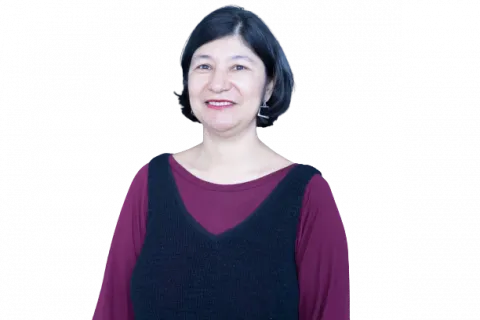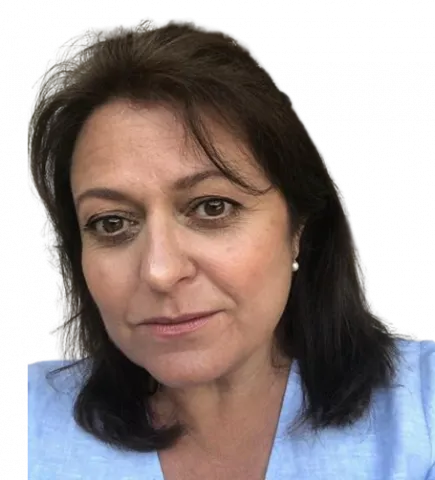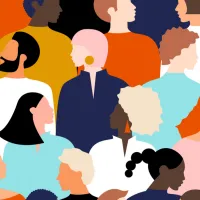Research centre
Centre for Linguistics, Language Education and Acquisition Research

CLLEAR promotes the excellence of research in areas of Linguistics and Applied Linguistics. Our members’ research is concerned with cognitive and socio-cultural aspects of language, language use, and language education.
Part of
Modern languages and linguistics





